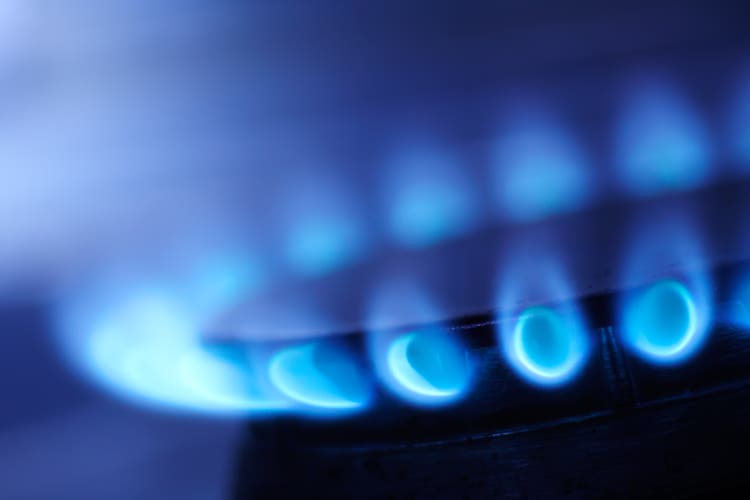
straga/iStock via Getty Images
U.S. natural gas futures tumbled to two-month lows following a bigger than expected weekly storage build as production rose, and the amount of gas flowing to liquefied natural gas export plants fell as the Freeport LNG plant in Texas shut early this week due to Hurricane Beryl.
The U.S. Energy Information Administration reported energy firms added 65B cf of gas into storage during the week ended July 5, which lifted the inventory surplus compared to the five-year average to 504B cf from 496B cf in the previous week and 19% above normal levels for this time of year.
Injections had been smaller than usual for eight weeks in a row before the latest storage build, according to Reuters, because several producers cut production earlier in the year after futures prices dropped to three-and-a-half year lows in February and March.
While much of the U.S. is burning up gas to combat the summer heat, Hurricane Beryl has dented demand, first by knocking out power for millions of Texas residents as well as demand from Gulf Coast manufacturers, and remnants of the storm are now cooling off the Great Lakes.
Analysts say the result could mean another big injection of gas into storage facilities this week, keeping pressure on prices even during the expected hottest stretch of the summer.
Front-month Nymex natural gas (NG1:COM) for August delivery closed -2.6% to $2.268/MMBtu, its third straight daily decline and lowest settlement value since May 10.
ETFs: (NYSEARCA:UNG), (BOIL), (KOLD), (UNL), (FCG)
Meanwhile, European natural gas prices are down more than 8% so far this month due to ample storage and easing concerns over supplies.
Kepler analysts said they expect the benchmark Dutch TTF contract to trade “in a steady range, propped up by above-normal temperatures across the continent next week and uncertainties in LNG availability from the U.S. Freeport plant following Hurricane Beryl,” according to Dow Jones.
The firm said European prices are pressured by strong gas supply with few outages from Norway, a slight uptick in LNG deliveries, and a below-average temperature outlook.










